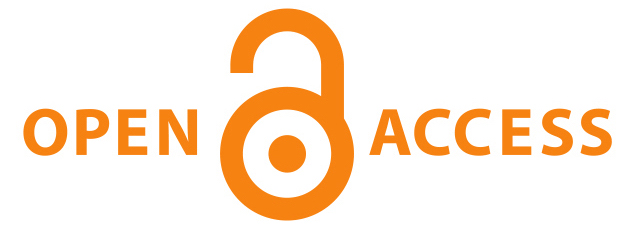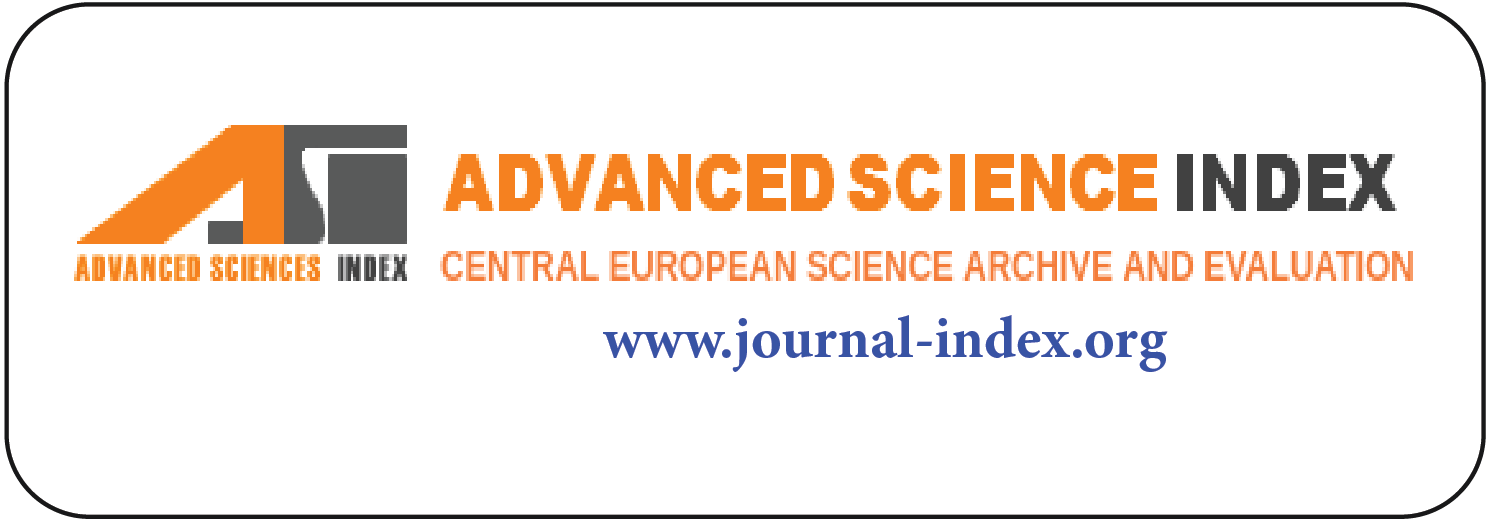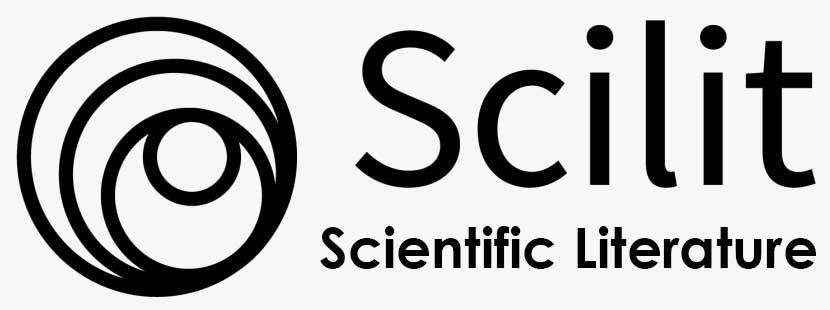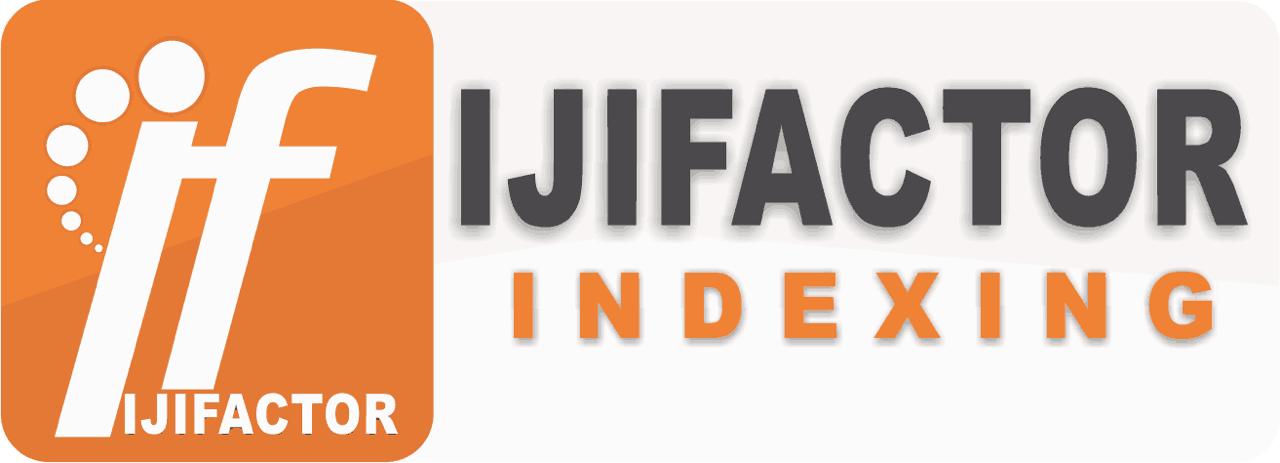Promoting Early Childhood Learning Education: A Systematic Review of Structural Quality of Preschool Education in China
DOI:
https://doi.org/10.56868/jadhur.v3i1.205Keywords:
Early Childhood Learning, Preschool Education, Policy Analysis, Educational Accessibility, Quality Standard, Urban-Rural InequalityAbstract
The study aims to investigate the evolution of preschool education policy in China, which plays a vital role in early childhood development. It required the government’s intensified focus since 2010 on enhancing both access and quality standards of preschool education, which illuminated through the lens of historical policy shifts and their implementation. This study is grounded in the PRISMA guidelines and involved a thorough literature search, selection based on stringent criteria, and a robust data extraction and coding process. The analysis reveals that the Chinese government increasingly perceives preschool education as a fundamental public service, which has been established in revised policies and targeted endeavors to bridge the urban-rural areas of China. The study concluded that persisting challenges, notably in the equitable distribution of resources, enrollment inequalities, and optimal teacher-to-child ratios, especially in rural areas. Despite these challenges, the significant strides made, and the policy impetus reflect the prioritization of preschool education within China's national agenda. The review encapsulates the complexities of policy evolution, its tangible successes, and the pathways for achieving universal and high-quality preschool education.
Downloads
Published
How to Cite
Issue
Section
License
Copyright (c) 2024 Journal of Advances in Humanities Research

This work is licensed under a Creative Commons Attribution 4.0 International License.
















